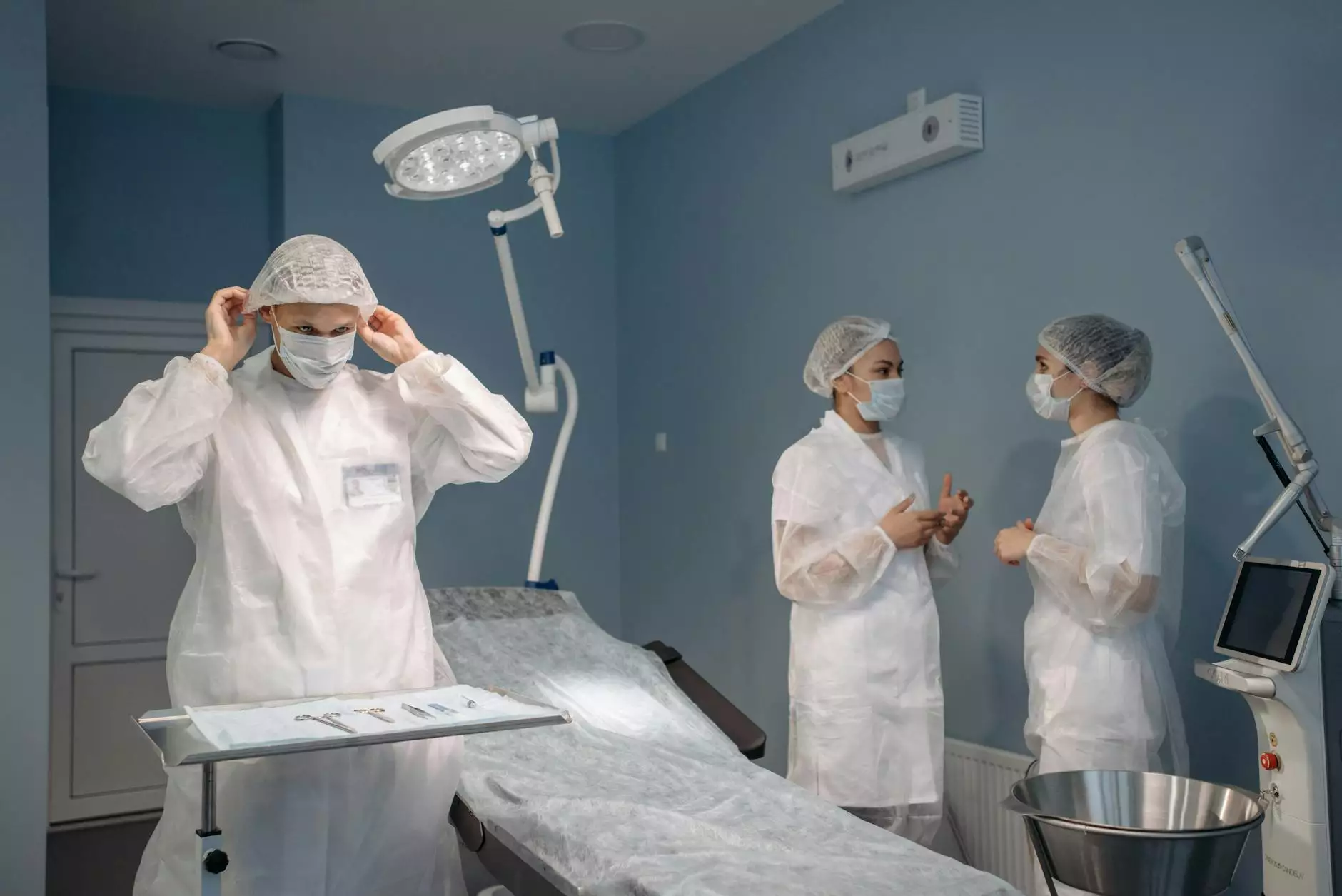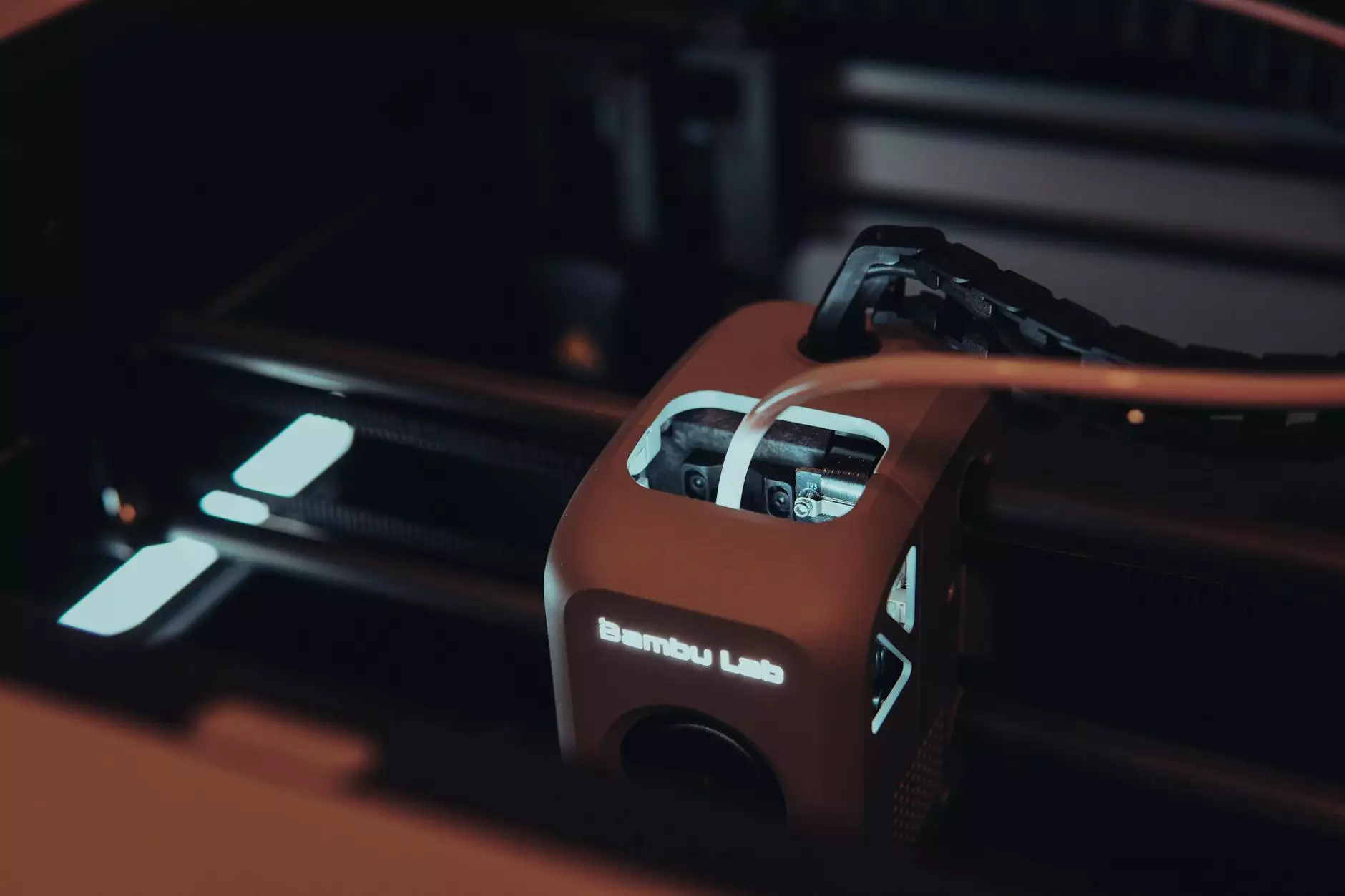Revolutionizing Healthcare: The Rise of Mobile Surgical Technologies

In today's rapidly evolving medical landscape, mobile surgical technologies are at the forefront of innovation, changing the way healthcare is delivered. These advanced solutions not only provide flexible surgical options but also address significant challenges faced by traditional healthcare systems. This article explores the impact of mobile surgical technologies on health and medical practices, highlighting their benefits, applications, and future prospects.
Understanding Mobile Surgical Technologies
At its core, mobile surgical technologies refer to the tools and systems that enable surgical procedures to be performed outside of a traditional hospital setting. This includes equipment housed in mobile units or vans that can be deployed to various locations, making surgery more accessible to patients who may not otherwise receive timely care.
Key Components of Mobile Surgical Technologies
- Mobile Operating Rooms: Fully equipped surgical suites that can be transported to various locations.
- Telemedicine Capabilities: Integration of remote consultation tools that allow specialists to provide guidance in real-time.
- Advanced Surgical Equipment: Utilization of state-of-the-art surgical instruments and robotic systems that enhance precision and safety.
- Support Services: On-site assistance from qualified medical personnel, including surgeons, anesthesiologists, and nurses.
The Importance of Mobile Surgical Technologies in Modern Healthcare
The implementation of mobile surgical technologies plays a crucial role in addressing various healthcare challenges, particularly in underserved regions where access to surgical care is limited. Below are some of the significant impacts these technologies have on healthcare delivery:
1. Increased Access to Care
One of the most substantial barriers to effective healthcare is accessibility. Mobile surgical units can reach rural and remote communities, significantly reducing travel time for patients. With these technologies, surgical care is brought directly to the population, ensuring that necessary procedures are performed without the extensive waiting times associated with traditional hospitals.
2. Cost-Effectiveness
Operating a mobile surgical center often incurs lower costs compared to conventional hospitals. By eliminating the need for extensive infrastructure and utilizing streamlined processes, healthcare providers can offer services at a fraction of the price. This affordability extends to patients who may otherwise defer or avoid treatment due to financial constraints.
3. Enhanced Patient Outcomes
With rapid access to surgical procedures, patient outcomes improve significantly. Delayed treatments can lead to complications or advancements in illness. Mobile surgical technologies allow for quick interventions, reducing morbidity and mortality rates associated with untreated conditions. Moreover, with specialized equipment, procedures can be performed safely and effectively.
Applications of Mobile Surgical Technologies
The versatility of mobile surgical technologies extends across various fields of medicine. Here are some notable applications where mobile units are making a significant impact:
1. Elective Surgeries
Elective surgeries, such as orthopedic procedures, cataract surgeries, and cosmetic operations, can be efficiently performed in mobile operating rooms. This setting not only decreases patient wait times but also enhances convenience and reduces the administrative burden on hospitals.
2. Emergency Services
In disaster-stricken areas or regions experiencing healthcare surges, mobile surgical technologies provide critical support. These units can be deployed rapidly to conduct life-saving surgeries when local facilities are overwhelmed or damaged, ensuring that trauma patients receive the care they need.
3. Rural Healthcare
Farming communities and remote areas often lack access to specialized surgical services. Mobile surgical clinics can visit these areas regularly, providing residents with opportunities to undergo surgeries that would otherwise be unattainable. This regular service can lead to a continuous improvement cycle in community health and wellness.
Challenges and Considerations
Despite the many advantages, the deployment of mobile surgical technologies does vary in its effectiveness based on several factors:
1. Regulatory Compliance
Each state or country has regulations governing surgical practices and facilities. Mobile surgical centers must navigate these legalities to operate, which can be a complex process requiring thorough preparation and understanding.
2. Infrastructure Limitations
While mobile units are designed for mobility and efficiency, they still require proper infrastructure to be effective. Sufficient power supply, sterile environments, and waste disposal methods must be in place at mobile clinic sites to ensure patient safety.
3. Staff Recruitment and Training
Qualified surgical teams are essential for the success of mobile surgical technologies. Recruiting skilled professionals willing to travel for mobile operations can pose a challenge, emphasizing the need for effective training and loyalty programs to maintain a high standard of care.
The Future of Mobile Surgical Technologies
As technology continues to advance, the future of mobile surgical technologies looks promising. Here are some anticipated trends that may shape this sector:
1. Integration of Artificial Intelligence
The incorporation of AI into mobile surgical technologies is forecasted to enhance surgical precision and decision-making. From pre-operative assessments to post-operative care, machine learning algorithms can support medical professionals by providing data-driven insights.
2. Expansion of Telehealth Integration
Combining telehealth with mobile surgical technologies allows patients to consult with specialists before procedures, fostering a more holistic approach to care. This remote consultation capability ensures comprehensive evaluations, paving the way for successful surgical outcomes.
3. Increased Collaborations with Health Organizations
Partnerships between mobile surgical units and established health organizations will likely grow, leading to shared resources and improved patient care models. Such collaborations can expand the reach of mobile clinics, tapping into a broader network of healthcare services.
Conclusion
Mobile surgical technologies are not just a temporary solution; they represent a significant shift in how surgical care is provided, particularly in underrepresented regions. By breaking down barriers to access, improving patient outcomes, and adapting to the needs of diverse populations, these technologies are transforming the landscape of healthcare. As we look to the future, continued innovation and commitment to quality care will ensure that mobile surgical technologies pave the way for a healthier tomorrow.
For further insights into mobile surgical technologies, we invite you to explore Odulair Mobile Clinics, a leader in the field dedicated to enhancing healthcare access through innovative solutions.









